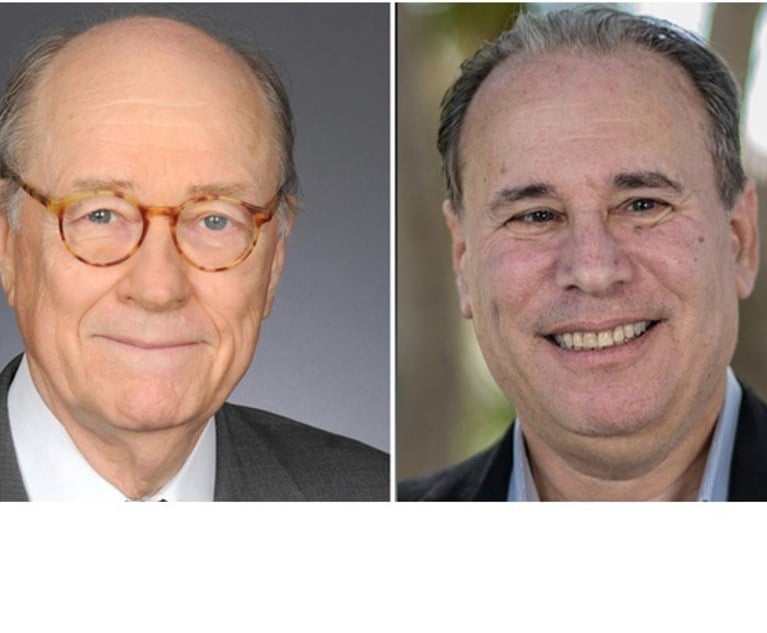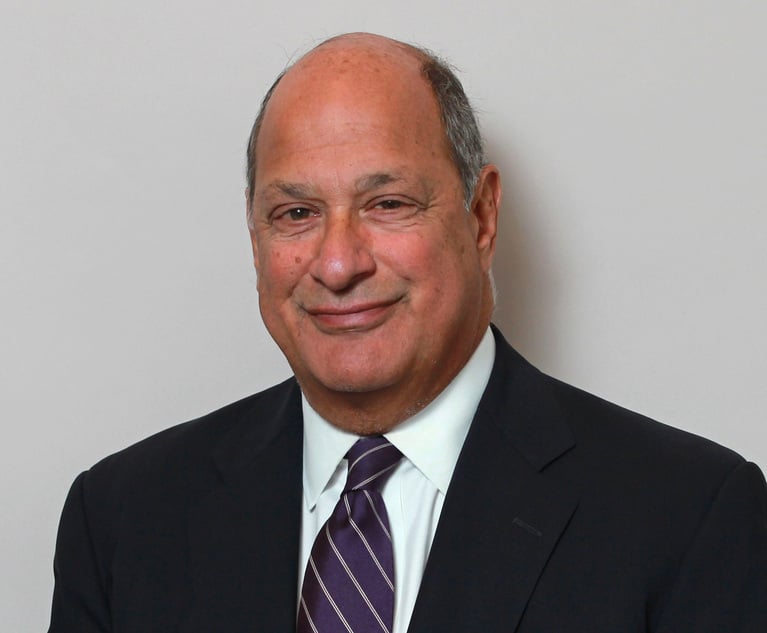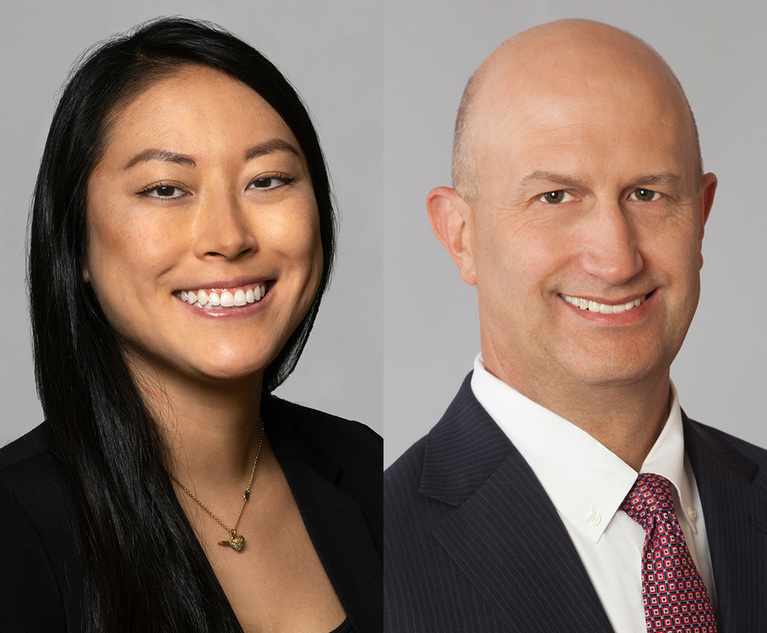
December 13, 2023 | New York Law Journal
Avoiding Conflicts With a Joint Defense Member Who FlipsA recent decision from the Southern District of Florida illustrates a benefit of utilizing a written joint defense agreement properly tailored to limit future conflicts, rather than relying on the oral agreements that are common among many practitioners.
By Robert J. Anello and Richard F. Albert
12 minute read

December 13, 2023 | New York Law Journal
ADR: A View from the Other Side of the BenchIn this article, retired Supreme Court, Suffolk County justice Paul J. Baisley Jr. reflects on his time as an arbitrator and discusses his expectations and methods associated with the job.
By Paul J. Baisley Jr.
8 minute read

December 12, 2023 | New York Law Journal
Bridging the Gap: Calibrating FARA Enforcement With Civil PenaltiesThe Foreign Agents Registration Act, a formerly obscure federal law designed to help the government monitor foreign influence in the United States, is obscure no longer. But even as criminal FARA enforcement has increased, there is little meaningful civil enforcement of the law. The absence of a real civil enforcement option when FARA violations are less severe unduly distorts decision-making in favor of criminal enforcement.
By Preet Bharara and Joe Zabel
10 minute read

December 12, 2023 | New York Law Journal
The Exceptionally Broad Reach of New York's Franchise LawManufacturers, distributors, patent holders, consultants, retailers and others similarly situated often find themselves in business relationships that may trigger the broad reach of franchise laws. Indeed, those businesses who operate in New York would be wise to be particularly careful in light of New York's exceptionally broad statutory language.
By Marisa Rauchway and Joseph V. Saphia
6 minute read

December 12, 2023 | New York Law Journal
Should International Arbitrators Be Watch Dogs or Hound Dogs?International arbitrations often involve large amounts of money concerning, on occasion, indications of illegality, including criminal activity. What arbitrators can and should do when they have some awareness of such illegal activity has recently become the subject of commentaries and analyses.
By Lawrence W. Newman and David Zaslowsky
8 minute read

December 11, 2023 | New York Law Journal
Upping the Dosage: Health Care and Pharmaceuticals Antitrust Regulation in 2023Antitrust developments in the health care and pharmaceutical industries were exceptionally active in 2023. From the FTC's challenge of a merger between Amgen and Horizon Therapeutics, to joint agency withdrawal of well-established health care merger policy statements, to agency interest in pharmacy benefit managers, the authors review some of the most notable antitrust activity in the health care and pharmaceutical industries over the past year.
By Karen Hoffman Lent and Kenneth Schwartz
10 minute read

December 11, 2023 | New York Law Journal
When a Criminal Client Wants His Own Strategy EmployedPublic figures as diverse as Donald Trump and Sam Bankman-Fried, for example, have believed that "going public" will best bring them a soft landing. The 'Trump' case raises important questions about an attorney's ethical obligations when they propose to pursue one road, but the client wants another—potentially suicidal—path in a criminal case.
By Joel Cohen
7 minute read

December 08, 2023 | New York Law Journal
New York's Red Flag Law Raises a Red Flag for the Fourth AmendmentNew York's Legislature should revise the Red Flag Law to expressly comport with the form and content requirements of search warrant applications pursuant to CPL 690. These revisions would preserve the goals of the Red Flag Law and also act to safeguard those protections afforded by the United States and New York State Constitution.
By Lance H. Klein and Robert Zitt
8 minute read

December 08, 2023 | New York Law Journal
Cryptocurrency Companies in Chapter 11: BlockFi's ExperienceThis article focuses on the confirmation of BlockFi's Chapter 11 plan, and the lessons learned from the case.
By Kenneth Aulet and Shari Dwoskin
8 minute read

December 08, 2023 | New York Law Journal
The Crime-Fraud Exception: A Defense Lawyer's QuandaryThe crime-fraud exception often presents a quandary to attorney-client privilege. Is your client's question to you—and your advice—protected by that privilege, or must you disclose it to a grand jury should you be served a subpeona seeking information about any conversations you may have had with a client about extradition? If the crime-fraud exception applies, should you have also considered telling your client of that possibility when they first asked you the question and avoiding the issue altogether?
By James Mitchell and Kelly Lin
8 minute read
Trending Stories
- 1With a 7-Figure Book Deal and TV Adaptation on the Way, This Dechert Associate Remains Committed to Her Day Job
- 2Legal Resourcing for Optimal Utilization, Retention & Profit
- 3Data Breach Class Actions Begin to Pile Up Against Prudential Insurance
- 4The Week in Data: A Look at Legal Industry Trends by the Numbers
- 5Biden Will Be First Lawyer-President Without a JD From the 'T-14' in a Century
More from ALM
- Morgan & Morgan Class Action Attorneys Detail Pathway to Success Within Cybersecurity and Data Privacy Practice 1 minute read
- Holwell Shuster & Goldberg Partners Leverage 'Hostile' Witnesses to Secure $101 Million Verdict Against Walmart 1 minute read
- Legal Speak at General Counsel Conference Midwest 2024: Mike Andolina, Partner, White & Case 1 minute read



